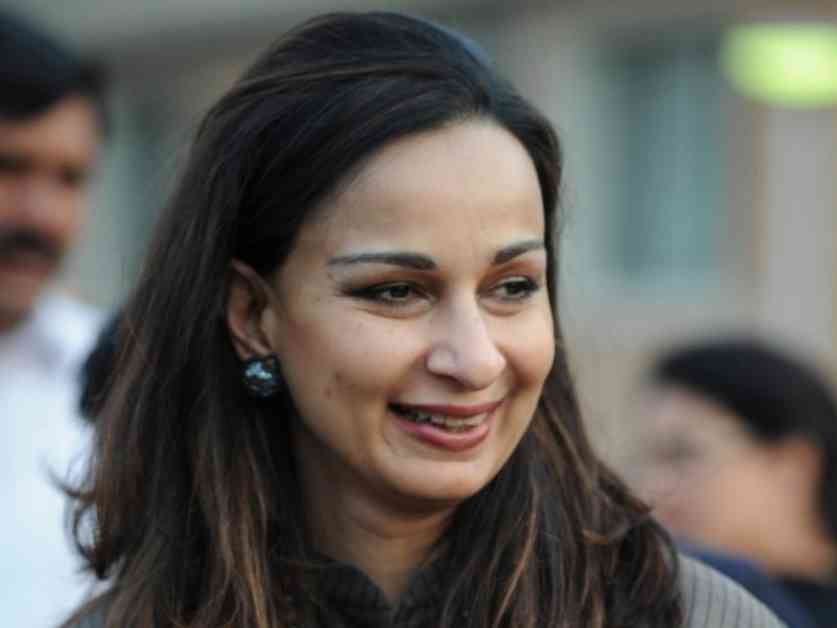PPP Caught Off Guard by Lack of Media Consultation in PECA Bill Passage
In a surprising turn of events, the Pakistan Peoples Party (PPP) recently revealed its unawareness regarding the lack of consultation surrounding the contentious Prevention of Electronic Crimes (Amendment) Act 2025 (PECA) bill, despite having supported it in both houses of the government. This revelation came to light when PPP Vice President Sherry Rehman addressed journalists in Islamabad, expressing disappointment over the absence of stakeholder involvement in the amendment process.
Sherry Rehman emphasized that the PPP had been under the impression that all concerned parties would have a say in shaping the bill. However, this was not the case, leading to a sense of betrayal within the party. She further assured media representatives of the PPP’s commitment to supporting any necessary amendments to the law, particularly those proposed by media organizations. This unexpected disclosure shed light on a critical gap in the legislative process that had gone unnoticed until now.
Chairman Bilawal Bhutto Zardari echoed Sherry Rehman’s sentiments, highlighting the importance of consulting journalists’ organizations to build a consensus on such crucial matters. The PPP’s approach to the PECA bill was reminiscent of its stance on a previous media/social media legislation introduced by the Pakistan Muslim League-Nawaz (PML-N) in the Punjab Assembly.
During the assembly’s deliberations on the bill last year, concerns were raised about the punitive measures outlined for disseminating fake news. The legislation stipulated penalties of up to six months in prison and fines of up to Rs3 million for offenders, to be determined by special tribunals. Despite reservations from PPP members, the bill was passed without broader consultation among stakeholders.
The situation escalated when Punjab Governor Sardar Saleem Haider, affiliated with the PPP, expressed reservations about the bill and hinted at sending it back to the assembly with suggested revisions. However, due to procedural constraints outlined in Article 116 of the Constitution, the governor’s window for action was limited to a strict ten-day timeline. This prompted the acting speaker to grant his assent to the bill in the absence of the governor, further complicating the legislative process.
The PPP’s response to inquiries about the PECA bill reflected a sense of caution and reluctance among party leaders to comment on the matter beyond the official statements already made. This reticence underscored the delicate balance between political interests and public accountability that parties like the PPP must navigate in legislative matters.
In a candid assessment of the situation, former Punjab caretaker chief minister Hasan Askari Rizvi pointed out the myopic approach of political parties in addressing complex issues. He lamented the lack of foresight and public awareness among leaders, emphasizing the need for a more comprehensive and inclusive decision-making process.
The PPP’s unexpected admission of oversight in the PECA bill passage serves as a cautionary tale for lawmakers and citizens alike. It highlights the importance of transparency, stakeholder engagement, and foresight in legislative processes to uphold democratic values and safeguard citizens’ rights. As political parties navigate the evolving landscape of digital governance, they must heed the lessons learned from this episode to ensure a more inclusive and accountable legislative framework.









